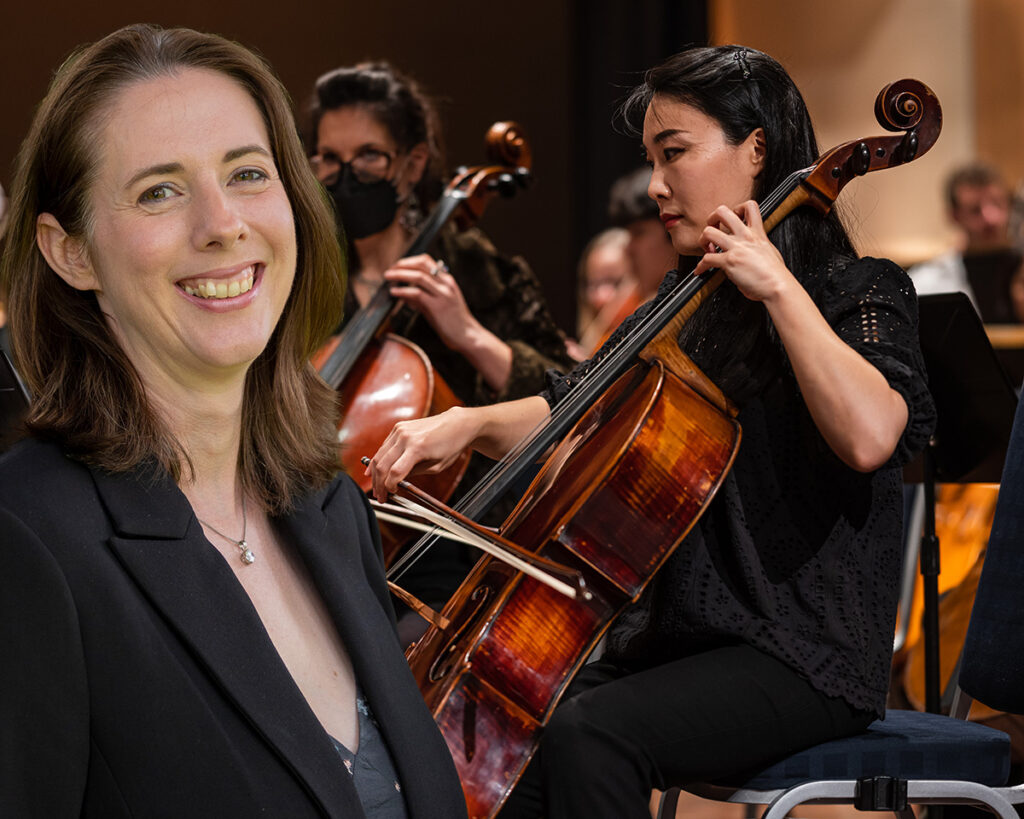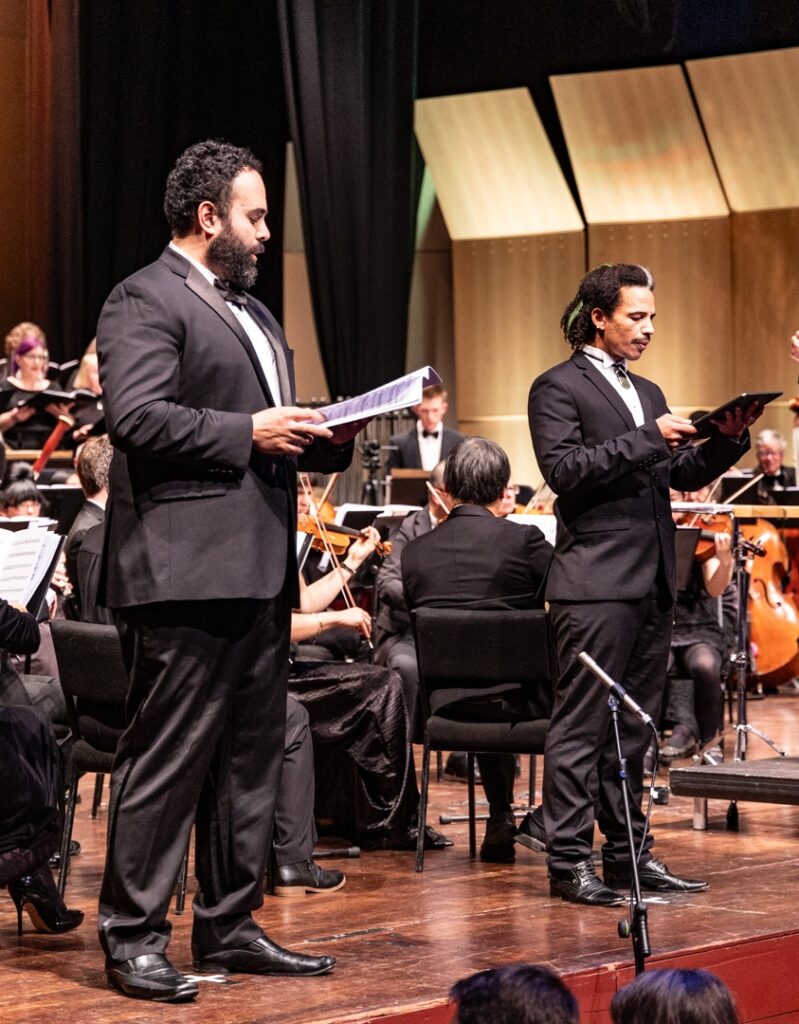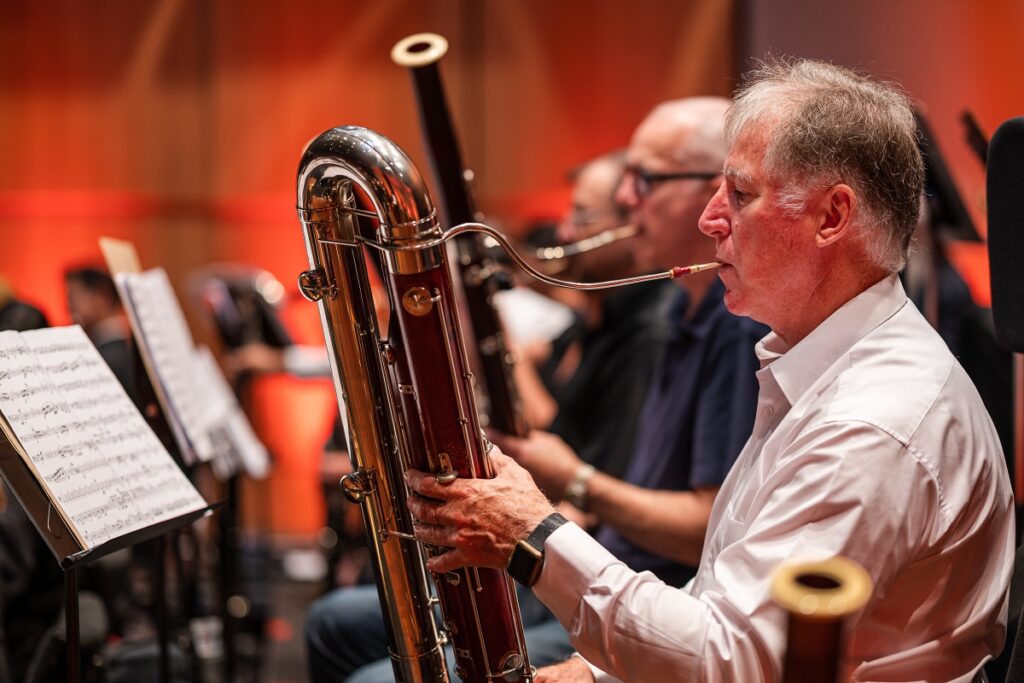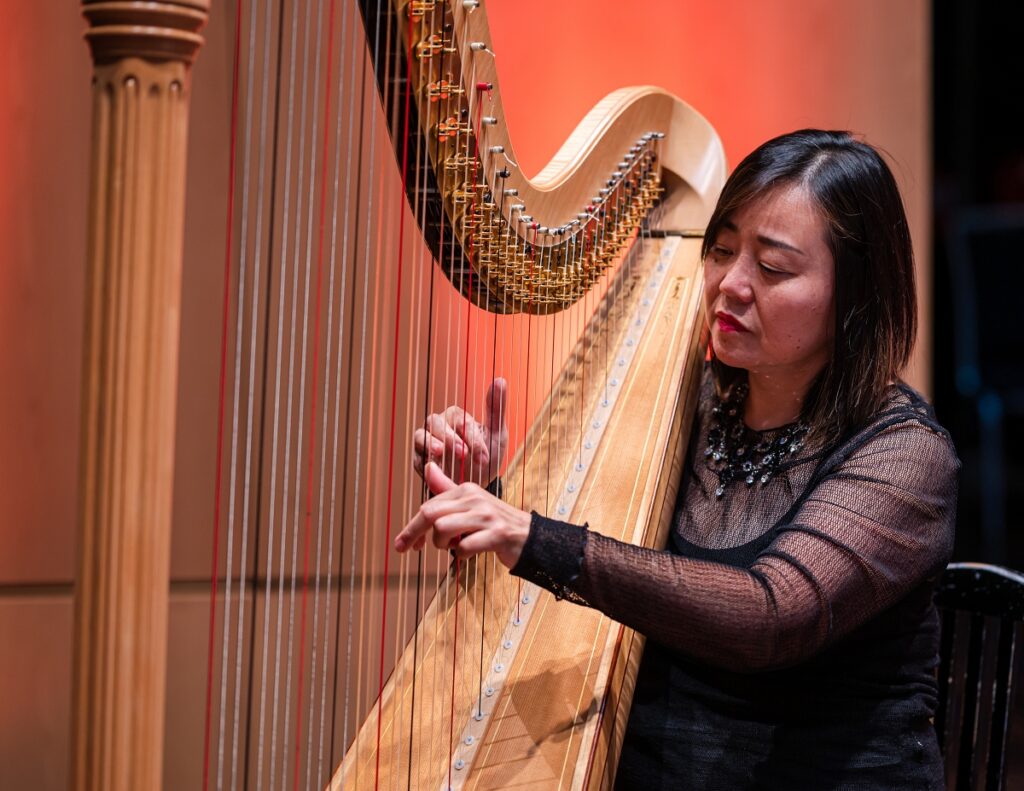
Celebrating its 30th anniversary with a series of concerts, Shelley Robertson, General Manager Manukau Symphony Orchestra, strikes a note with FARIDA MASTER as she talks about the milestone year and the revival of classical music.
Shelley Robertson compares being a part of the Manukau Symphony Orchestra (MSO) to a game of competitive Football.
“It’s high pressure! There’s synchronicity. You’ve got to work together, listen to each other, time yourself and enter at the right note. It’s akin to kicking a goal! Once you start playing with other musicians, it takes long hours of practice and dedication,” says Shelley, General Manager of MSO.
She understands the sacrifice and devotion required to pursue a career in classical music. A collector of old instruments, Shelley played the flute till the age of 16 and is a member of Auckland Choral.
Now she does what she enjoys most.
Promote talented musicians and provide a platform to showcase their talent.
For the last three decades, the Manukau Symphony Orchestra has been a part of the cultural fabric, and has played a stellar role in opening the hallowed portals of classical music for the hoi-polloi, youth and professionals, alike.
Circa 1993, Terry Spragg led the foundation of the MSO in South Auckland. She invited a group of musicians and held an ‘all-comers’ weekend workshop. Following the meet-up of musicians, there was a push to form an independent community orchestra. Music enthusiasts from Howick School of Music and the Pakuranga Orchestra harmonised to create beautiful symphonies. Taking it a notch further, the founding committee of MSO got Manukau City councillors on board with the Mayor as the patron.
Based at the Papatoetoe Town Hall, with six flautists and a ragtag group of 22-member ensemble, the full-sized symphony orchestra has now grown to include 80 musicians.
Initially, the orchestra performed free of charge for family and friends. That was the classic beginning of a sustainable model for a community orchestra.
“Mayor Sir Barry Curtis contacted the orchestra and asked the accomplished inaugural music director Uwe Grodd if he could be involved in the design of the Due Drop Events Centre. It was built with us in mind,” says Shelley. “Uwe has now been with MSO for 30 years!”
Sadly, when the Manukau City Council was disestablished to make way for the Auckland City Council, all the funding and support from the council for the art form disappeared. Coffers ran dry, and the MSO has had to depend on donors and volunteers to contribute towards its upkeep.
“We’ve had some devoted members and fantastic volunteers who have been supporting us since 1993,” says Shelley.

She observes there has been a revival of the timeless art form. From innovative composers to performers pushing the boundaries of traditional forms, modern classical music has seen a renaissance with pop stars promoting it too.
People are realising that classical music has several mental and emotional wellbeing benefits. It is known to improve mood, cognitive function, and memory, she says.
The recent houseful Hamilton and Houstoun concert at the Due Drop Event Centre is testimony to the young and young-at-heart filling up every seat in the auditorium as they witnessed outstanding talent and rousing symphonies. The standing applause to star performers—Michael Houstoun and David Hamilton— as well as students from Puhinui School choir, Auckland Choral and the orchestra conducted by Uwe Grodd, spoke volumes!
“More students are discovering classical music,” reflects Shelley.
Numbers speak, as 2400 students have been booked over two days on September 11 and 12 for four of MSOs entertaining school concerts. The concerts will feature popular, well-known pieces for children alongside stories with music narrated by Suzy Cato.
The idea behind it is to inspire the younger generation that is not exposed to orchestral music.
MSO also offers a Youth Scholarship program that runs parallel to the mentorship program. Shelley reveals with pride that seventeen-year-old Oliver Spalter, a scholarship recipient is now leading the National Youth Orchestra bass section, gets paid employment and will be studying in the USA.
MSO musicians are a merry mix with around 33 per cent professional mentors, 33 per cent community and 33 per cent youth players. Participants in orchestral projects and workshops come from all over Auckland with 45 per cent from east and south Auckland.


